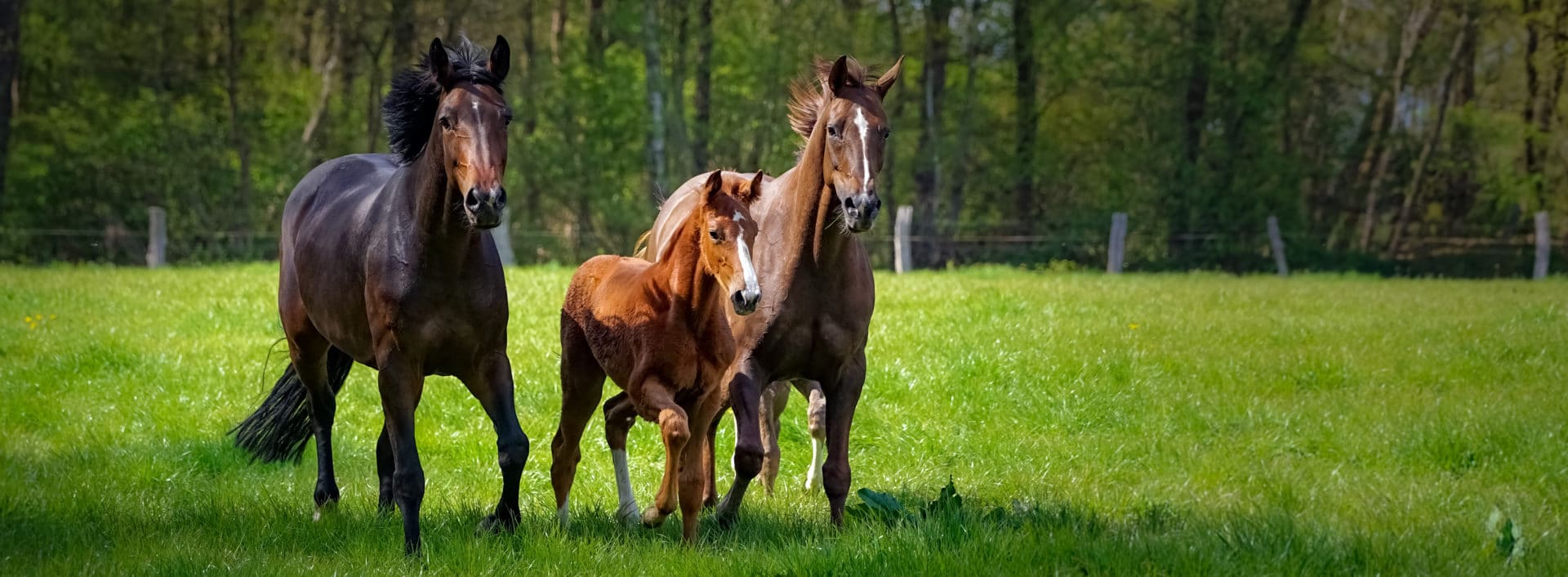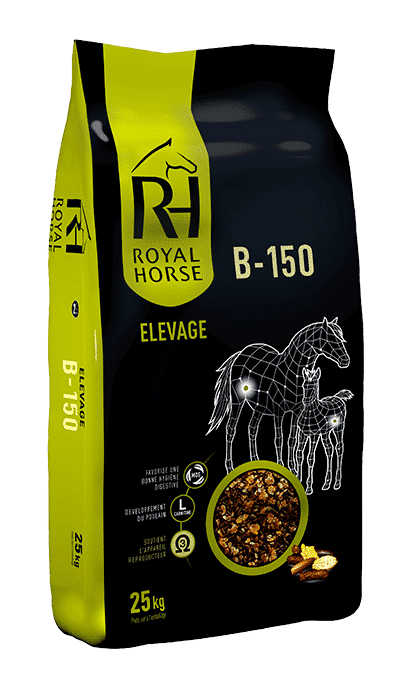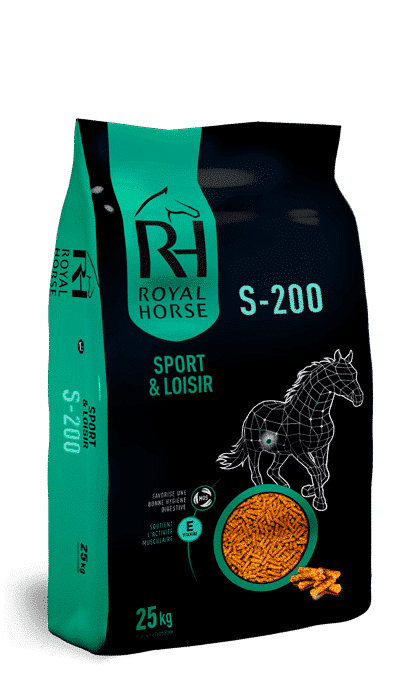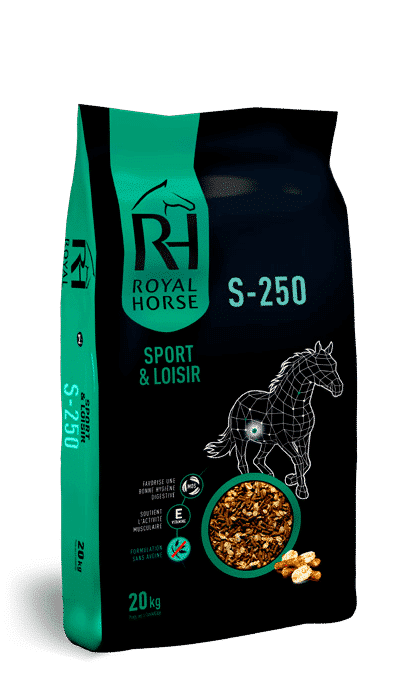The summer season is often synonymous with putting your horse out to pasture. Unlike a horse living in a stall, a horse in a meadow will feed on grass in the pastures, thus modifying its diet. But with the sun and the high temperatures, the grass can lose its energy content. It may therefore be necessary to supplement it to cover all the horse’s nutritional needs and thus ensure that it does not lose condition.
Maintain fiber intake in the horse’s diet
In the pasture, your horse will cover its dietary needs in fiber thanks to the grass. However, if the quality of the grass is poor, you will have to supplement your horse’s diet with sufficient hay. The horse being a herbivore, its diet is mainly based on forage. For a horse weighing 500 kilos living in a box, it is recommended to give about 7 to 10 kilos of hay per day. If he lives in a pasture, you will need to provide enough hay to cover his fiber intake.
If your horse continues to work while in the pasture, it may be necessary to supplement him with a concentrate horse feed. The advantage of concentrates is that they provide the horse with a balanced diet. It should be divided into several meals throughout the day (ideally 2 or 3).
Maintain vitamin and trace element requirements in your horse’s diet
A horse used to living in a stable will be more vulnerable in the meadow (parasites, infections, etc.). It is therefore recommended to give him a cure of vitamins C and E and trace elements in order to reinforce his immune system. If the grass in the meadow where your horse is staying is of poor quality, it will not contain all the vitamins and trace elements necessary for his good health. Concentrated feeds for horses can compensate for this contribution that he will not find in his natural state. Salt stones can also be placed in your horse’s pasture (just like in the stall).
Adapting the horse’s diet to its activity
If your horse continues to exercise lightly during its stay in the meadow, Royal Horse S-200 or S-250 horse food will be ideal to meet all its energy needs and protect the horse’s digestive system. Composed of cereals, vitamins, trace elements, antioxidants, prebiotics and probiotics, this feed is available in pellets (S-200) or in flakes (S-250).
For breeding horses living in pasture all year round, summer and winter will be periods when their natural diet will be poorer. In this case, Royal Horse feed for breeding horses B-100 or B-150 is ideal for pregnant or nursing mares, foals and stallions. This horse food reinforces immunity and fertility.
Royal Horse feeds are available for sale online or in specialized stores.






